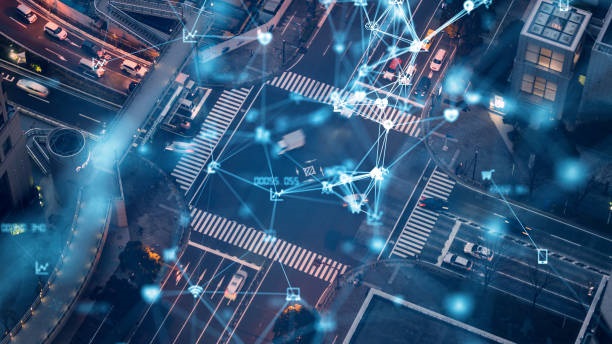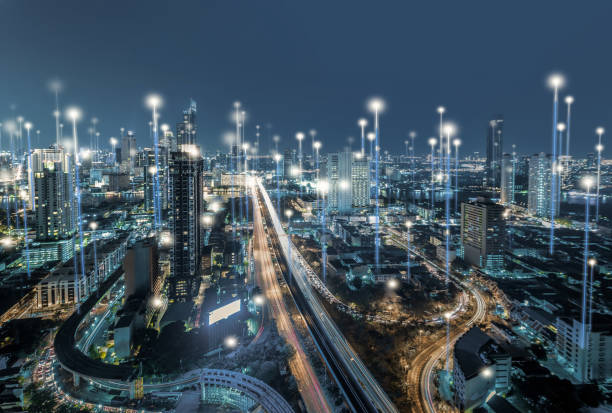Introduction:
The concept of “smart cities” has been gaining traction in recent years as a way to improve urban life using technology. From using data and analytics to optimize city operations to implementing smart transportation systems, the possibilities for using technology to enhance city living are endless. In this article, we will explore the future of smart cities and the potential for further integration of technology to improve sustainability, transportation, and citizen services.
The benefits of smart cities
One of the main benefits of smart cities is their ability to improve efficiency and communication. For example, a smart transportation system can use real-time data to optimize traffic flow and reduce congestion. Additionally, smart lighting systems can automatically adjust their brightness based on the time of day and the presence of pedestrians, saving energy and reducing light pollution.
Sustainability in smart cities
Sustainability is a key aspect of smart cities, as technology can be used to reduce the environmental impact of urban living. For example, smart buildings can use sensors to optimize energy consumption and reduce waste. Smart grid systems can also be used to manage the distribution of energy, ensuring that it is used efficiently. Additionally, the implementation of electric vehicle charging stations and bike-sharing programs can reduce the dependence on fossil fuels.
Transportation in smart cities
Smart transportation systems can greatly improve the efficiency and convenience of city living. For example, smart traffic lights can adjust their timing based on real-time traffic data, reducing congestion and travel time. Smart public transportation systems can also use real-time data to optimize routes and schedules. Additionally, the integration of autonomous vehicles has the potential to greatly improve safety and reduce the need for human drivers.

Services for citizens
Smart cities can also improve services for citizens. For example, a smart waste management system can use sensors to optimize garbage collection routes and reduce waste. Smart parking systems can also make it easier for residents to find parking spots. Additionally, the use of mobile apps and digital platforms can make it easier for citizens to access city services and provide feedback to city officials.
Challenges to the implementation of smart cities
While the benefits of smart cities are clear, there are also challenges to their implementation. One of the main challenges is the cost of implementing and maintaining the technology required for a smart city. Additionally, the integration of different systems can be difficult and may require the collaboration of multiple organizations.
Privacy and security issues are also a concern when it comes to smart cities. As cities collect more data on citizens’ activities and whereabouts, privacy concerns may arise. It’s important to ensure that data is collected, stored, and used responsibly and that citizens are aware of how their data is being used.
The future of smart cities
The future of smart cities is exciting, as technology continues to advance and new possibilities for improving urban living emerge. For example, the integration of 5G networks will enable the use of more advanced technology, such as autonomous vehicles and virtual reality. Additionally, the use of artificial intelligence and machine learning can further optimize city operations and services.
Conclusion:
The integration of technology in smart cities has the potential to greatly improve sustainability, transportation, and citizen services. However, the implementation of smart cities also presents challenges, including cost and privacy concerns. As technology continues to advance, it will be important for cities to consider these challenges and find ways to address them while still reaping the benefits of a smart city. Overall, the future of smart cities is promising, and we can look forward to seeing how technology will continue to shape urban living in the coming years.

